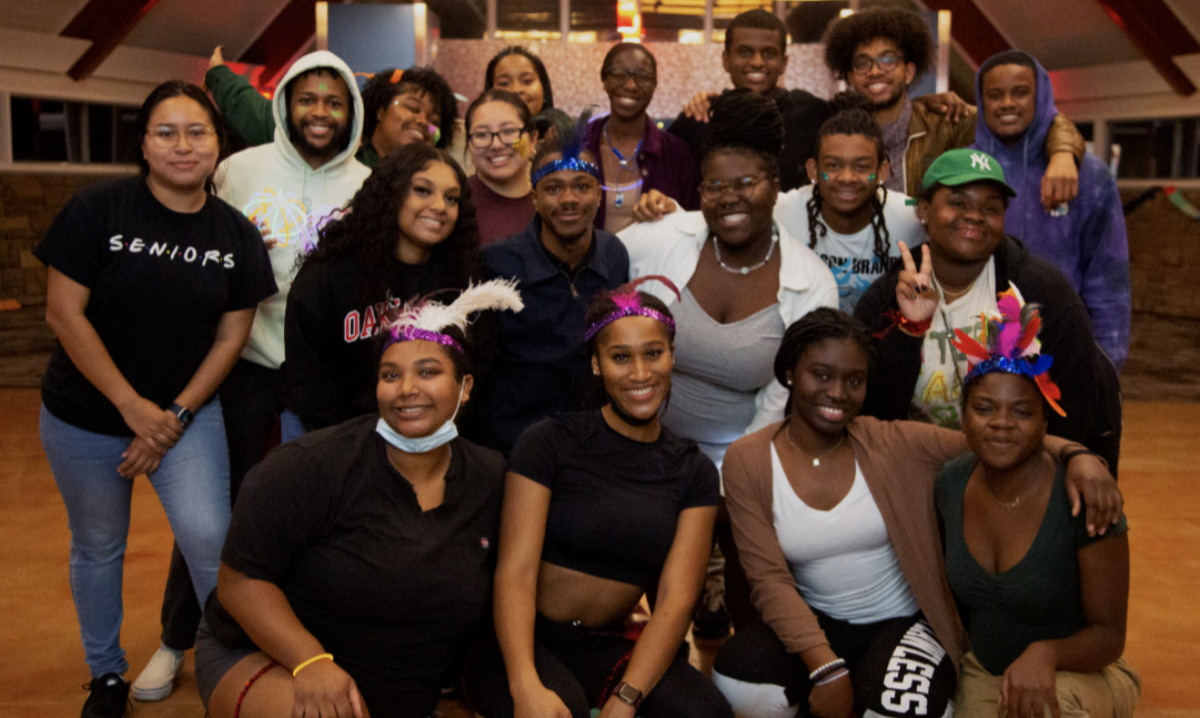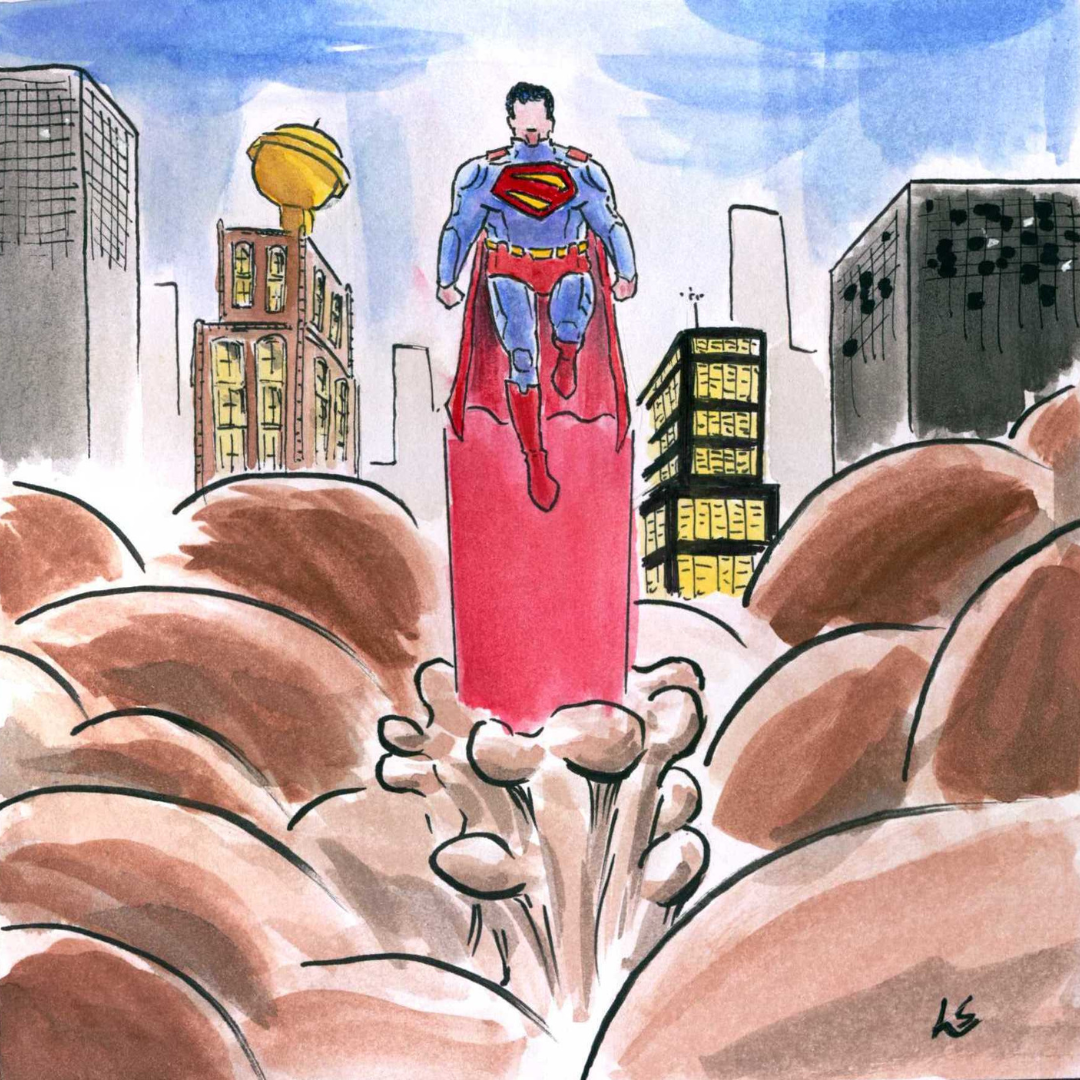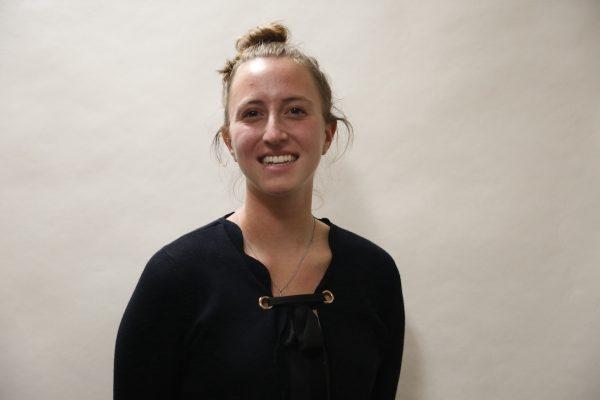On Nov. 4, the African-Caribbean Students Association (ACSA) held a celebratory Carnival in Cardinal Foley.
Members of ACSA discussed the traditions of Carnival and how it is an event full of vibrant colors, authentic foods and energetic music centered around different African and Caribbean countries.
ACSA President Susan Mbombab ’23 wanted to bring the Carnival to St. Joe’s because it serves as an expression of culture, tradition and history.
“Carnival is one of the biggest holiday, event or festivals for Caribbean people. It’s the biggest expression of their culture. It only comes second to their Independence Days,” Mbombab said. “It’s more than just a party. It celebrates their roots and their ancestors, and, depending on the country, they have different rituals that they follow or different characters within the Carnival.”
ACSA thought introducing Carnival to the St. Joe’s community would allow people to gain a better understanding of different cultural traditions.
ACSA secretary Maliha Sadaf ’24 believes she is a prime example of a student who did not know much about what Carnival entails. Even though she is from Bangladesh and sometimes feels out of place because she is not African or Caribbean, she has still been able to call this organization her home and develop a new understanding for other cultures through her participation.
“We’re all trying to build unity here,” Sadaf said. “Even if we’re all different, even if we come from different races, countries, all of the above, we’re still able to embrace something.”
At the event, Mbombab encouraged guests to make waist beads, which is often made of twine or string with beads strung through it. Waist beads are deeply rooted in different African traditions and stand as a symbol of femininity or sensuality.
“I know for a lot of African countries, specifically, I’m from Cameroon, it’s like a coming of age ceremony,” Mbombab said. “You would tie it on your waist, and it signifies the woman going into adulthood.”
Students of all backgrounds were able to make waist beads at the event, however it is important to acknowledge cultural appropriation. Mbombab finds it important for people to recognize and learn about the history, tradition and meaning behind the art of waist beads.
“I encourage everyone to come make a waist bead. I think it becomes cultural appropriation when you don’t recognize where it’s coming from,” said Mbombab. “Yes, it’s decorative, but recognizing the culture and the meaning behind it is the most important.”
Not only did the event have a waist bead station, but there was African-Caribbean food, music, face paint and glow sticks to bring together the vibrancy that Carnival traditionally entails. ACSA Vice President Samira Touré ’23 believes having these various activities was the best way to reflect what occurs during the Carnival.
“Everybody comes in with a lot of vibrant colors and feathers, and it is just a time to have fun and show your culture,” Touré said. “For us, since we are an institution where we can’t have a big parade, we are just giving it a time to pretty much enjoy life. That’s literally what everybody does at a Carnival; you enjoy life.”
Members emphasize how Carnival, as well as other events ACSA holds throughout the year, is an opportunity for people of all backgrounds to connect and learn something new from each other.
“What people should know when they think about ACSA is not just about different cultures,” Sadaf said. “It’s about how we connect with one another through those different cultures across the world and how we plan to bring in more inclusion.”

PHOTO: MADELINE WILLIAMS ’26/THE HAWK















































